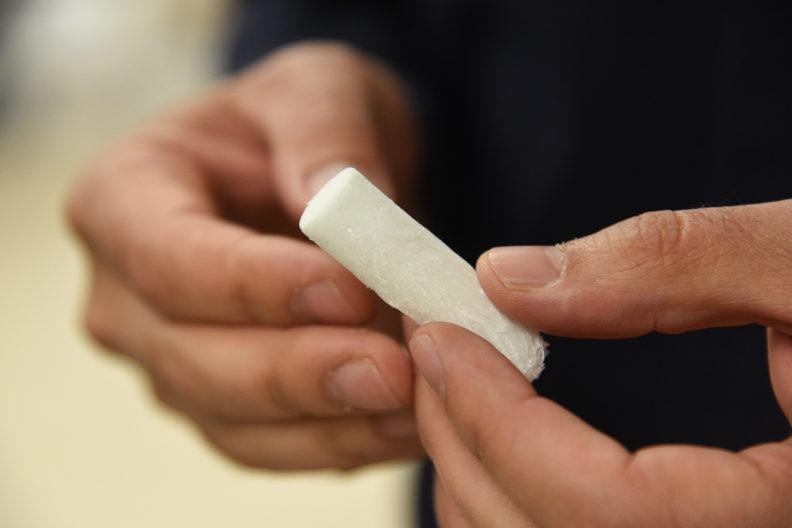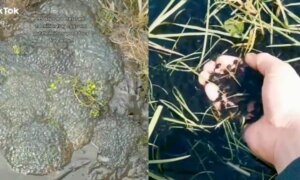Styrofoam, though it does its job well, is definitely not our friend: it’s not good for the environment at all and yet we find it everywhere. It is used in many ways, from making our to-go coffee cups to packaging and providing insulation for buildings. In addition to that, it’s made out of a finite resource: petroleum, which does not degrade naturally and creates pollution if it’s burned.
But what if there was another way?
Researchers from the Washington State University have created a plant-based material that allegedly can work better than Styrofoam ever did.
The team, made out of Assistant Professor in the School of Mechanical and Materials Engineering Amir Ameli and Associate Professor in the Gene and Linda School of Chemical Engineering and Bioengineering, Xiao Zhang, has published their work in the journal Carbohydrate Polymers.
Other researchers have previously attempted to create similar plant-based materials but, unfortunately, all of them degraded faster than intended at certain temperatures and humidity, were not strong enough and did not provide the desired amount of insulation.
This particular material though is made out of cellulose nanocrystals and can be created through a simple, environmentally-friendly manufacturing process that uses water as a solvent.
“This is a fundamental demonstration of the potential of nanocrystalline cellulose as an important industrial material,” Zhang said “This promising material has many desirable properties, and to be able to transfer these properties to a bulk scale for the first time through this engineered approach is very exciting.”
The material is made out of 75% cellulose nanocrystals from wood pulp, to which polyvinyl alcohol was added. This particular polymer bonds with the nanocellulose crystals and makes the resulting foam more elastic. It is lightweight and capable of supporting 200 times its own weight before it begins to change shape.
To add to the good new, the material also degrades naturally and does not produce polluting ash if burned.
“Our results demonstrate the potential of renewable materials, such as nanocellulose, for high‑performance thermal insulation materials that can contribute to energy savings, less usage of petroleum-based materials, and reduction of adverse environmental impacts.” Ameli said.
Of course, the research still has a long way to go and you shouldn’t expect to see a coffee-to-go served to you in a cup made out of this material, but the results so far are promising.
The researchers are currently looking into making the material stronger and more durable, so it can, eventually, find its way into every day life.
Follow TechTheLead on Google News to get the news first.





























